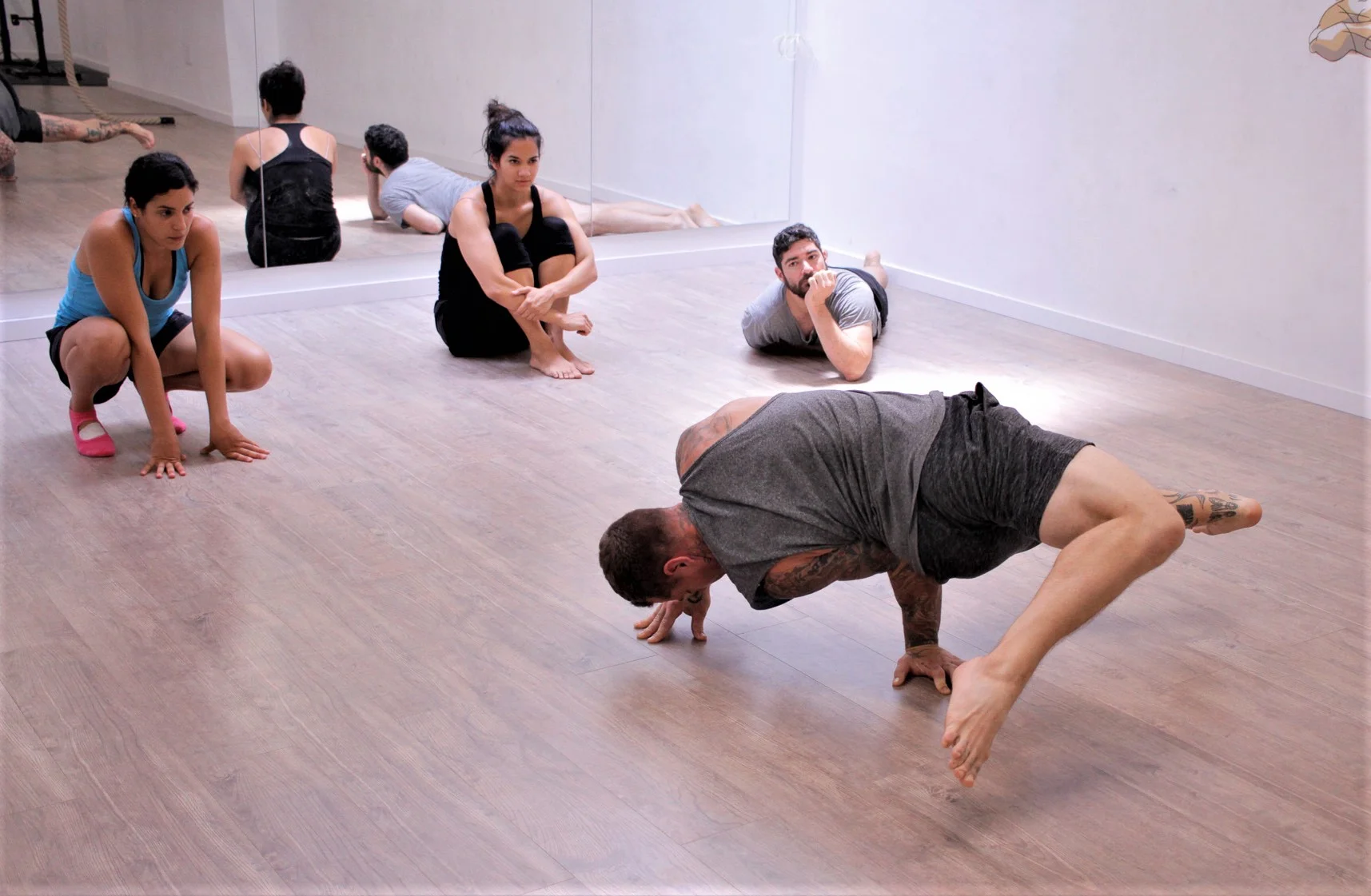What is intelligence for us? According to Oxford dictionary: “Intelligence: ability to acquire knowledge and skill”. Even though the word “skill” is used in a definition, I bet the first thing you imagine when someone mentions an intelligent person will not be a college football player. It is very common to judge intelligence only by the amount of theoretical knowledge.
Are there any differences between intelligent and smart? Smart by dictionary definition is “having or showing quick-witted intelligence”. So from this standpoint, smart person will be the one who is able to acquire skill and knowledge quickly and be able to apply it at the moment. This brings me to the point where I am trying to emphasize something that was very well put in words by an American neurologist, Dr. John Krakauer: “ Perhaps, we should be evaluating intelligence simply based upon extraordinary things we can do with our brains.” He was referring with this to the baseball players specifically, but I can apply it to any high skilled athlete or performer.
In every situation in our daily life, our brain constantly produces calculations based on all the information that surrounds us. At every moment, our decision making and motor output happening according to them and the success of the given action depends on myriad of factors. If the simple act of bringing a glass of water to your mouth and taking a sip out of it was decomposed to the amount of computations your brain has to make before producing it, we would realize that it is an extremely complex event. We just don’t even notice everything that is happening because we are very used to it and the speed of information processing in our brains is extremely fast. Imagine hitting a baseball? Evaluating the size of the ball, the positioning of it in space, its speed, the trajectory of that was given to it by another player, how external conditions affect its trajectory etc. etc. – all of it has to happen in hundredths of a second and produce an outcome that will be calculated according to all these factors and produce as a reaction to them. Try doing it successfully: let’s see how it works out.
For some reason, physical activity is contrasted with intellectual and theoretical activities. We often do not see movement as something that requires cognition, when in fact it is the main reason we even have a brain. Why does it happen? There is no accurate answer to it, I can only assume that it was constructed over the years in society for a simple reason that bodily knowledge at times is impossible to put in language. We have this image of athletes being dumb because they usually cannot form their thoughts the same way erudite people do, but why is the ability to perform elaborated physical skill is not considered as a form of intelligence on a wide scale? For me personally it definitely is.
Under the scope of physical practice though, as within any other area, you can find both smart practices and not so smart. Especially considering activities offered to the broad public as the ultimate solutions to compensate for the lack of movement in daily life (think fitness industry). At this point, we can try to define this term a little better for ourselves even though it might not be as easy to distinguish on paper. In real life, theoretical knowledge is not very wortht if it cannot be applied to a practical situation. On many occasions, we can all agree on that: someone who has been exposed to raw street life from an early age is much better and faster at problem solving than someone who just has spent many years purely studying the theory of how to solve problems. So, this pretty much ascertains what the definition says: smart is “having or showing quick-witted intelligence”, so basically being able to apply it in the moment. In movement, if the practice is aimed only on preparing the body for something, but never actually using its full potential, this practice rarely can be considered intelligent.
As I have mentioned before, it is harder for us, especially in western cultures, to evaluate the richness of bodily knowledge. However, regardless of us not being able to put it in words, most people will have a feeling of appreciation on a different level when seeing beautiful physical performance. How can we define intelligent movement in words then? Is it even possible? I don’t really think the language is enough of a container to fit it in. When we see the human body moving in an intelligent way, something connects us to it in a different level. I could go on trying to describe it - I would talk about how our sensory and motor systems interact with each other, creating a net of actions within the external structures of the body that we see as an outcome. If the training process is built on variety of exposure to different elements and scenarios, our brain develops better connections and eventually it will lower down the amount of constant “noise” within the nervous system and rearrange itself to produce new efficient patterns. That everything from our memory and mood to velocity and efficiency of our interaction with the world is changing depending on how our movement practice looks like because it affects the same brain structures that control many aspects of our cognition. There is a lot of literature that is describing all this processes and it is a very fascinating world. But, what seems to be the most interesting for me is that we all have this feeling of awe when we see a human body performing amazing things –wether it is just a sheer physical capacity of being the strongest/fastest or a creative flow of a dancer– but nevertheless, most people still do not define the ability to move well as intelligence. I hope with time it will change, because if, as Dr. Krakauer proposes, if we evaluated human intelligence by the ability to do extraordinary things with their brains, the ability to perform efficient and varied movement capacities will be the highest sign of it.




